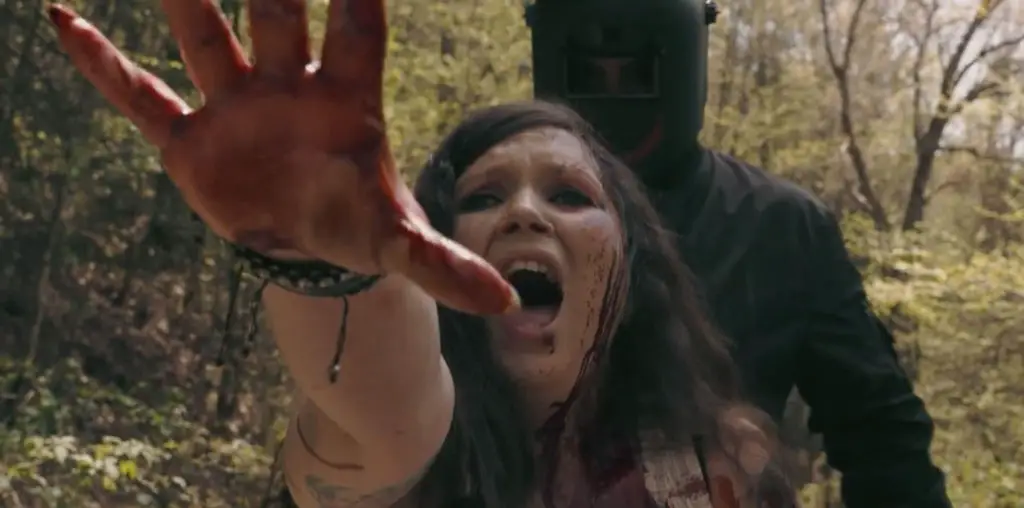
The following phrases are bolded in the press notes handed out minutes before About the Pink Sky screened at Sundance: “black and white,” “devoid of any music,” “highly original.” The first two are accurate. The third, which seems somewhat believable from the first two if not from the premise—a fifteen-year-old girl finds a wallet with 300,000 yen and complications arise—is rather off the mark: writer-director Keiichi Kobayashi’s film is essentially the Japanese answer to the Juno school of eccentric teen dramedies with few improvements along the way. Several scenes consist of little more than protagonist Izumi and her friends yelling (not speaking, yelling) inside jokes at one another for minutes on end while passersby ignore them to the best of their ability. (In this way, it’s at times not unlike The Trip: even the banter that starts out cleverly enough tends to overstay its welcome and pass the line from funny to irritating.) She also grades newspaper articles, yells at inanimate objects from across the street, and in general leaves a trail of quirk in her wake.
The black-and-white cinematography and lack of non-diegetic music ultimately have the regrettable effect of bringing Izumi front and center—though there is something to be said for a film of this sort not subjecting us to one acoustic indie tune after another. What few events are compelling in and of themselves are hampered by the fact that it’s Izumi who participates in, observes, or comments on them; though well-acted by newcomer Ai Ikeda, she’s painful to be around for more than fifteen minutes, let alone the nearly two hours the film lasts.
As with Oliver Tate in last year’s grating Submarine, Izumi prefaces her own story with an epigraph that immediately makes us anticipate the forced eccentricity to follow, though hers is distinguished by the fact that it presents itself as being written in the year 2035. A sort of prologue-epilogue, this brief inscription speaks to Izumi’s inability to accept certain of the contradictions and hypocrisies that come with daily life even as she’s apparently reached middle age. “Too weird to live, too rare to die” she is not, but these words do inform her increasingly irksome behavior more than anything else that occurs onscreen. Were there any other insight as to why Izumi responds to the world around her the way she does, the seed of an interesting film that’s certainly present here might have blossomed into something quite nice to behold; as it is, both the movie itself and its main character range from mildly curious to simply irritating.
As a point of comparison, what most comes to mind aside from the films mentioned above is a Japanese novel called Almost Transparent Blue. Like that book, this is an unfocused and disappointing affair, not least because the central, color-specific metaphor—courtesy of a hospitalized boy who imagines a pink sunset he’s never seen overwhelming the sky and clouds—from which it takes its name is both evocative and thematically weighty.
Aside from this, the film simply doesn’t offer much to look for between the lines, oftentimes feeling like a self-conscious experiment about little more than its own creation. At one point, Izumi is commissioned to help create a newspaper that only features uplifting stories from the local community so that the ailing boy might be more inspired to trek outside. As a response to the negativity that otherwise makes up his life, it’s a sweet gesture. Unfortunate, then, that About the Pink Sky elicits little else in the way of emotional engagement. It simply wanders aimlessly for far longer than it needs to, neither arriving anywhere interesting nor taking any worthwhile detours along the way.

